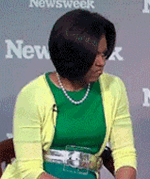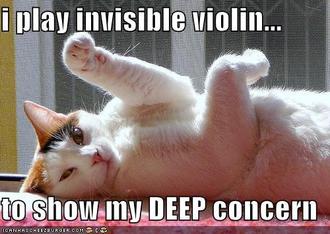 You recall that post by an evolutionary psychologist on Psychology Today’s blog pointing out in a totally rilly empirical manner that there is a TOTALLY RILLY SCIENCEY REASON he doesn’t want to bone the black ladies? Psychology Today responded to the brouhaha in an interview with NPR; the publication’s reaction amounted to “We are blameless because we didn’t commission it! We just printed it!” Huge diff, there, PT. Just huge.
You recall that post by an evolutionary psychologist on Psychology Today’s blog pointing out in a totally rilly empirical manner that there is a TOTALLY RILLY SCIENCEY REASON he doesn’t want to bone the black ladies? Psychology Today responded to the brouhaha in an interview with NPR; the publication’s reaction amounted to “We are blameless because we didn’t commission it! We just printed it!” Huge diff, there, PT. Just huge.
Compare and contrast with Marie-Claire’s response to the blogger who pointed out that a sitcom involving fat people kissing is inherently completely gross, because ew, fat people kissing. Gross. Marie-Claire at least stood behind its idiocy: The editor-in-chief’s response amounted to “We hired her because she’s controversial and we love controversy!” (Then the blogger posted an addendum saying that she’s screwed up because she used to have an eating disorder. Cry me a river, lady.)
Now it turns out that (surprise), Kanazawa’s research methods were not as valid as he claimed. The National Longitudinal Study of Adolescent Health (Add Health), which Kanazawa cited as evidence for his conclusions about the yuckiness of the black ladies, used “restricted-use†data (info available to academically qualified researchers who pledge to protect participant privacy) as evidence for his conclusions. In other words, the guy didn’t write a peer-reviewed research article; he wrote a blog post. Doy. (Much like mine here, which involves higher-order spewing out my butt.) Basically, Kanazawa listened to the comments of study participants that were recorded confidentially after the official interview was over and the interviewer had left the room. Researchers record and keep those remarks because they supply some context about a given respondent and help researchers assess data quality. In normal-person language, this means Kanazawa presented some people’s feelings as facts.
I’m not surprised that some people said they found black women unattractive. (I personally find researchers who spew bullshit unattractive. I own it.) What we don’t know from Kanazawa’s blog-post-presented-as-sciencey-science is context. What race and ethnicity are the people with these feelings, and what percentage of the study’s makeup were they? How educated were they? Where, geographically speaking, do they come from or live now?
It’s valid for researchers to understand racist or distressing feelings, because that info can inform policies designed to prevent discrimination, unequal access and social inequality.
The upshot, in case you’re skimming: This guy used his academic status to get access to the study respondents’ comments, then called their subjective natterings — in this case, about how they’re not into chocolate lovin’ — objective. So that’s fun. Also, BAD SCIENCE. At least Marie-Claire made no claim to science, and they owned their own ewwwwwwwwwwww, fatties. (And yes, asked a fattie to blog something, which is tokenism and does not balance out the pudge-hate that permeates women’s mags in general, but um, yay?)

